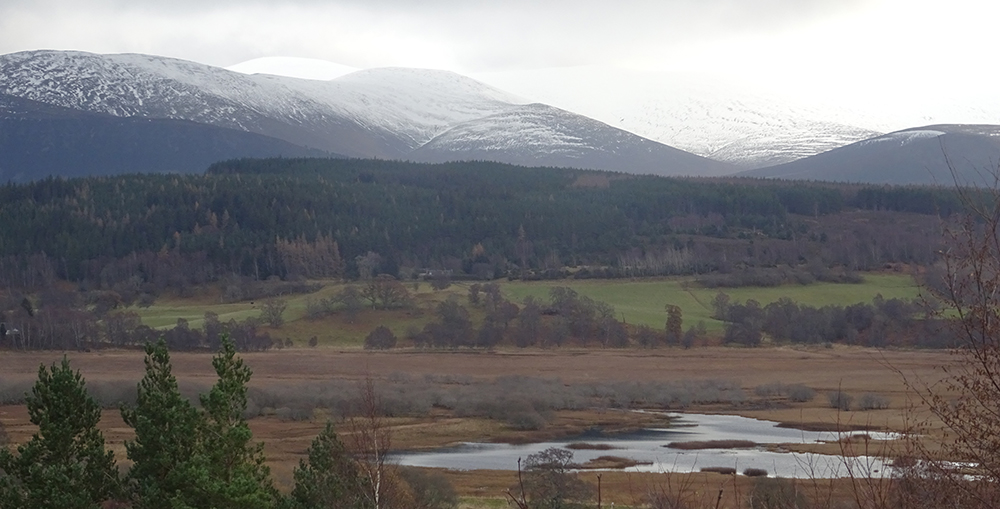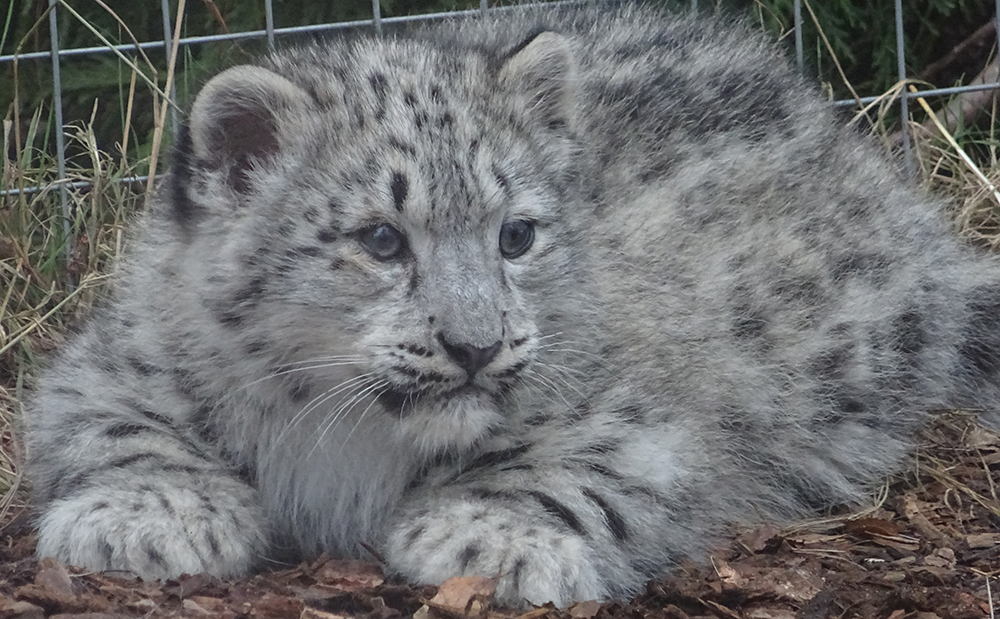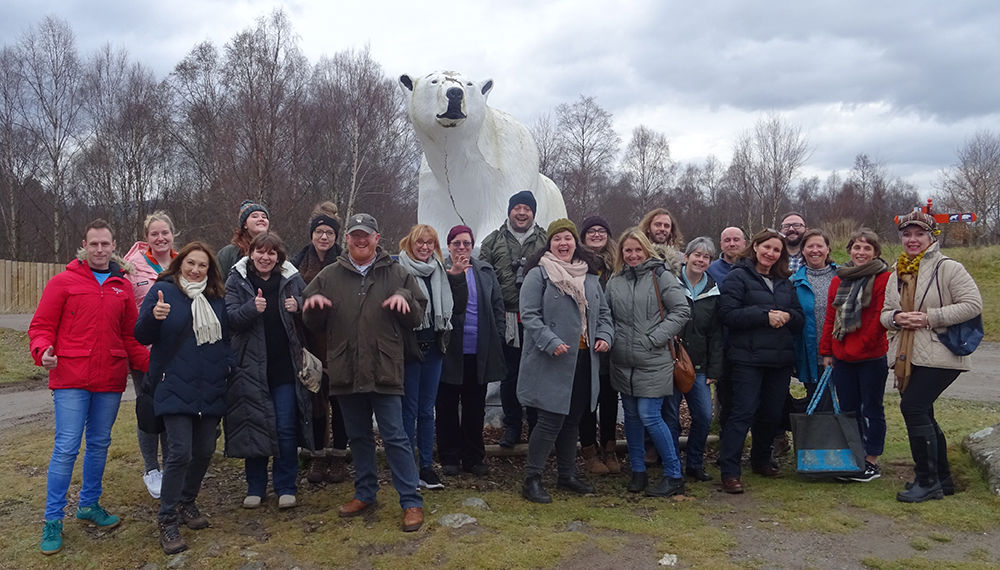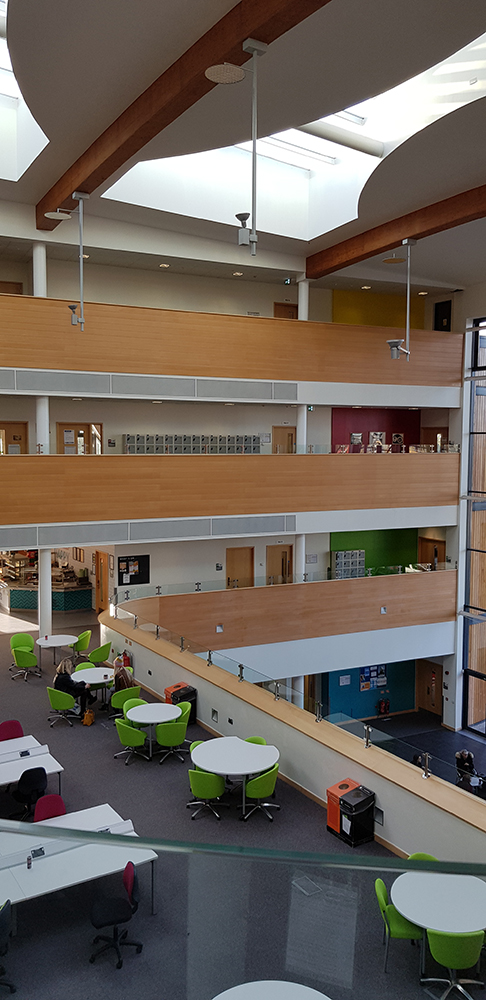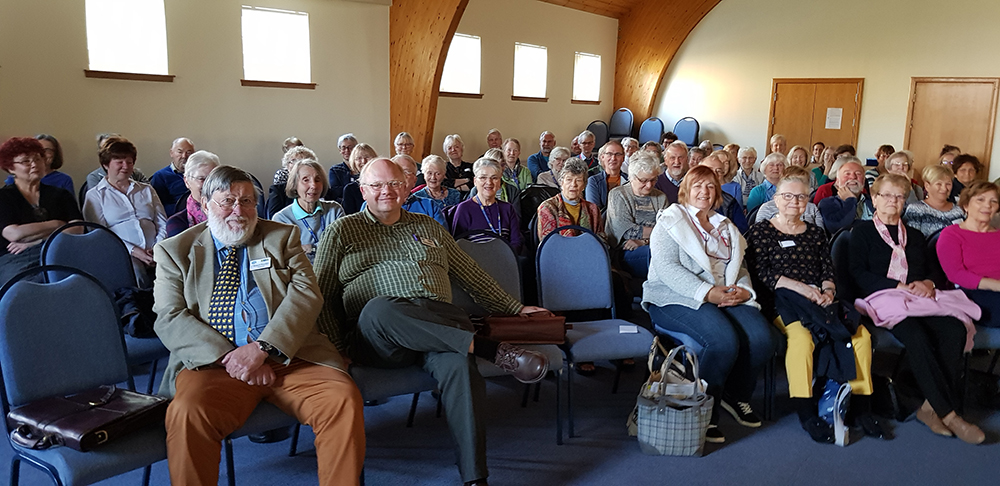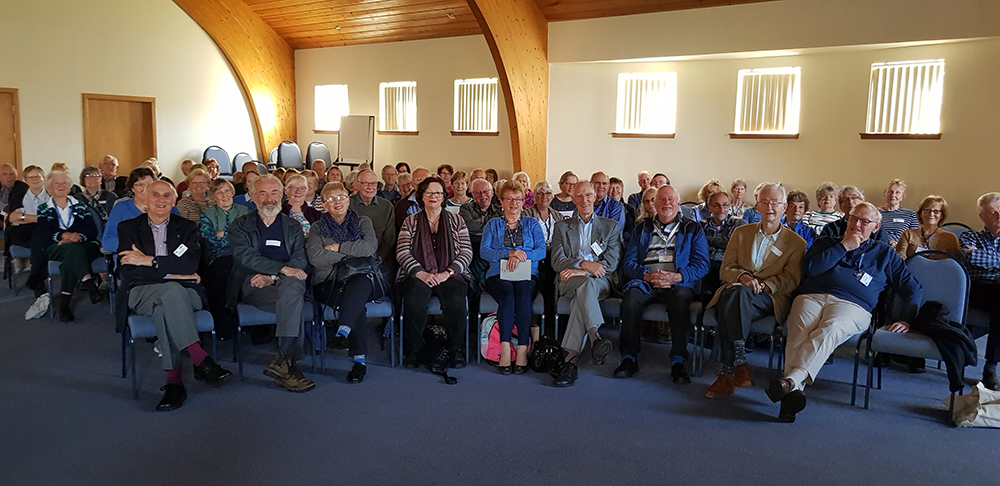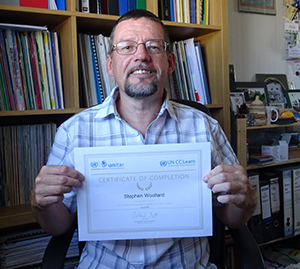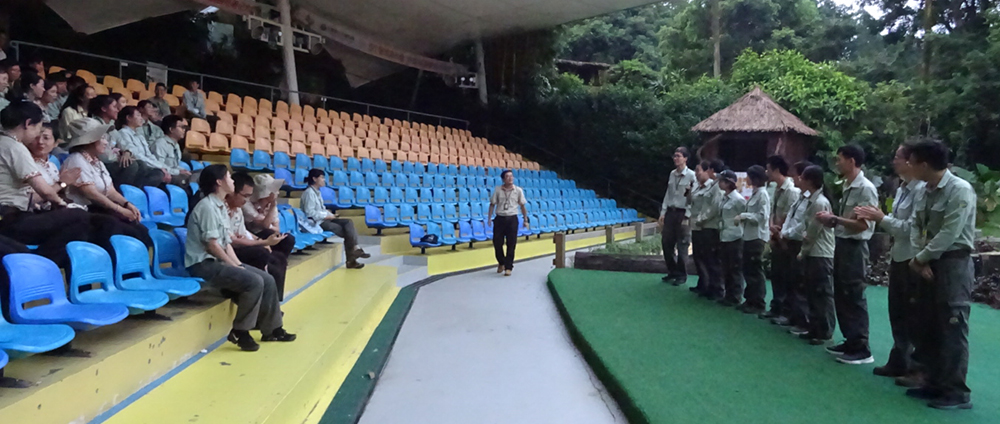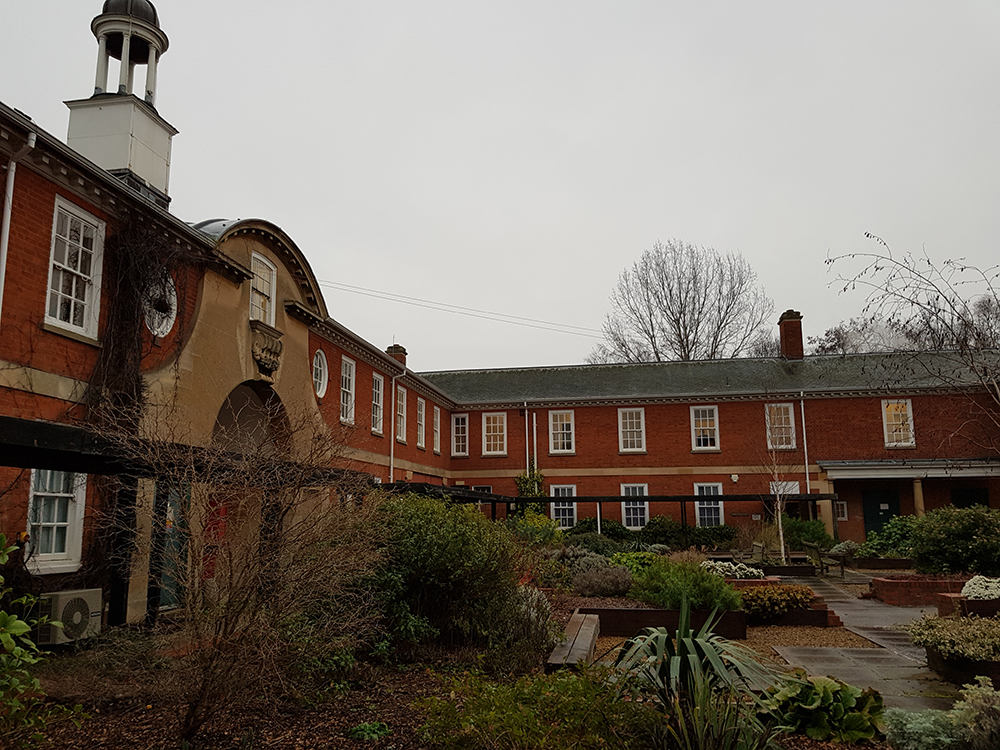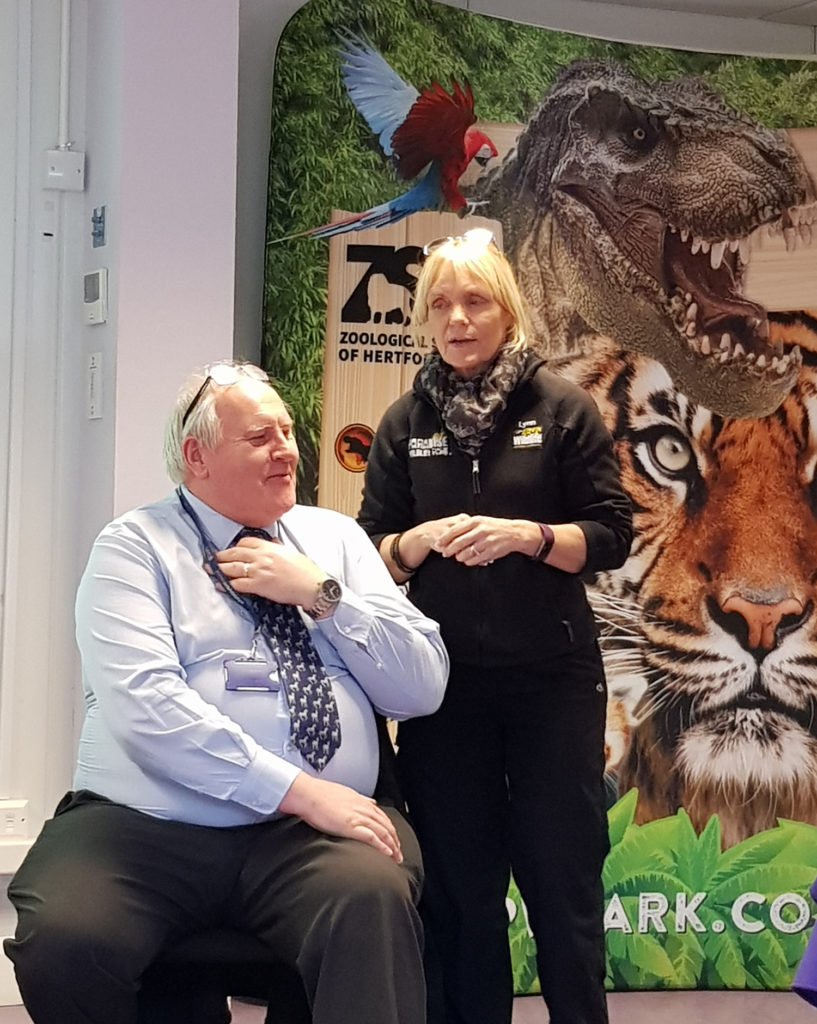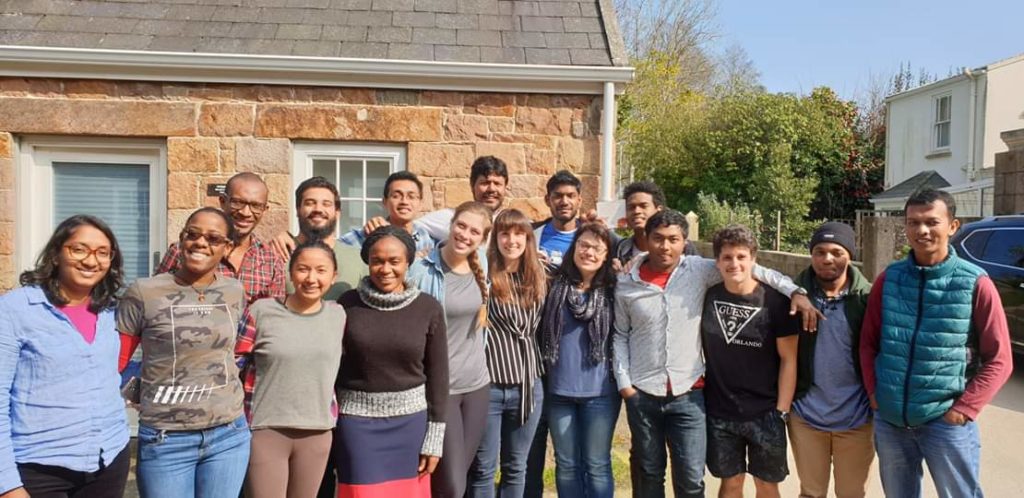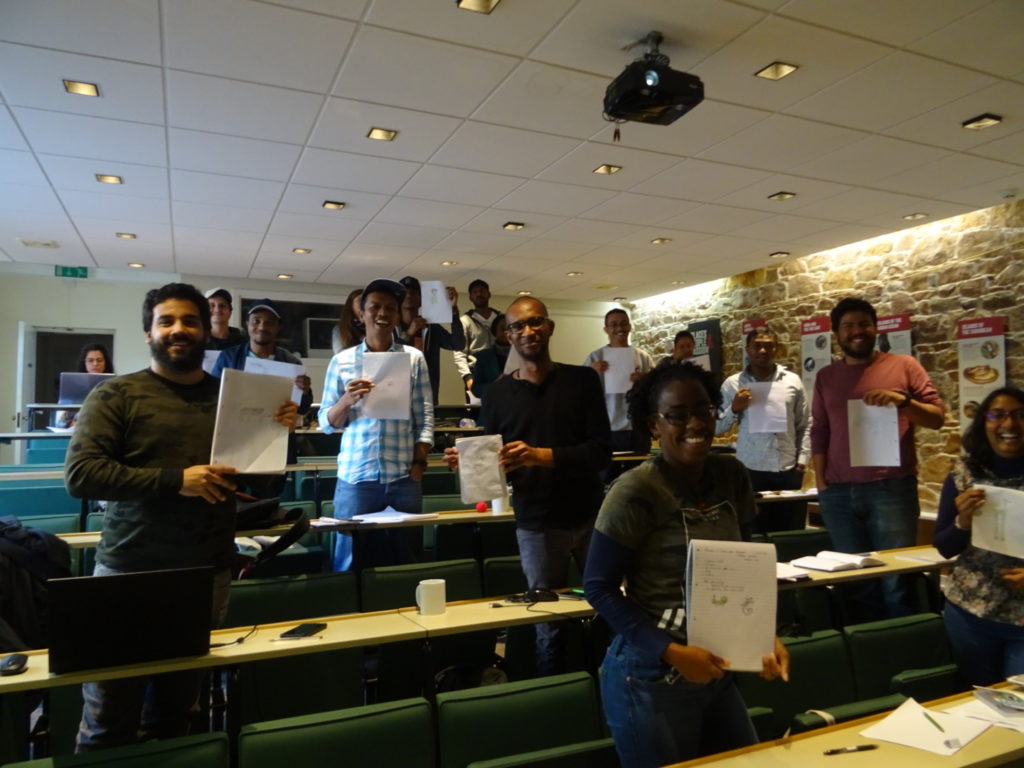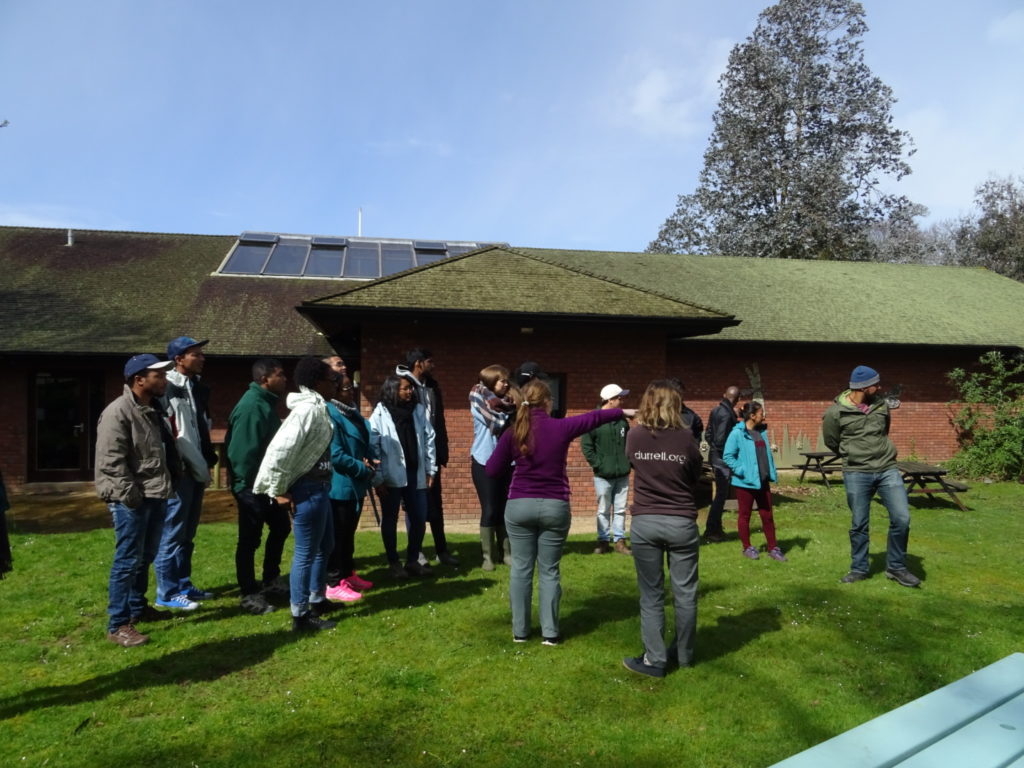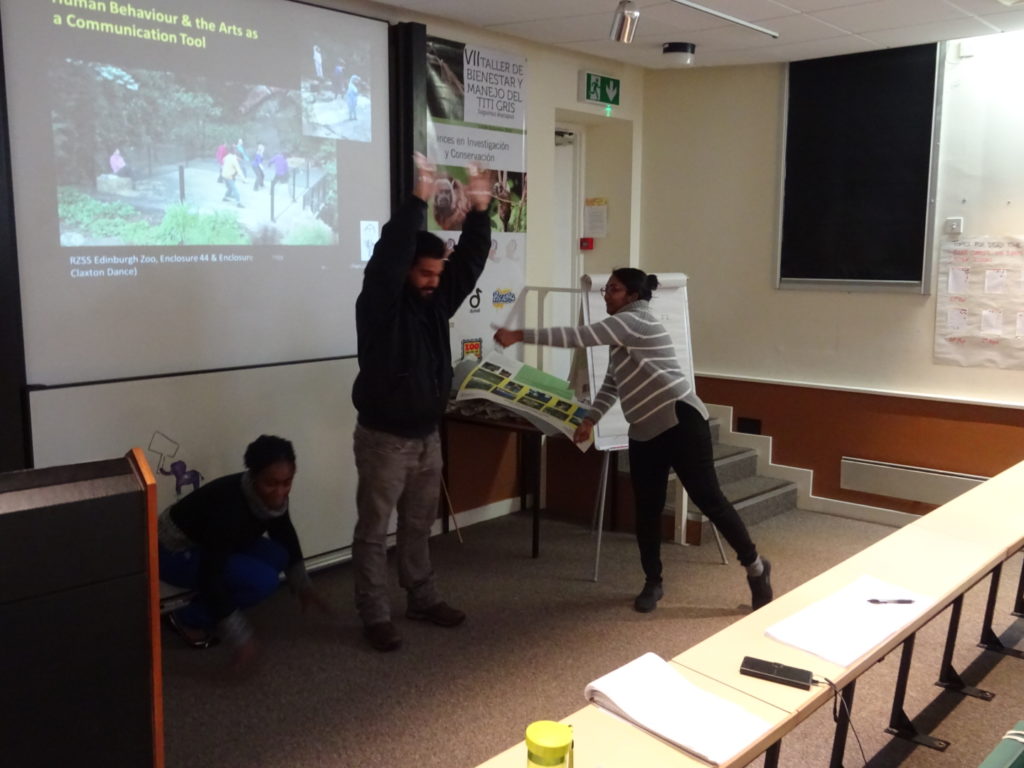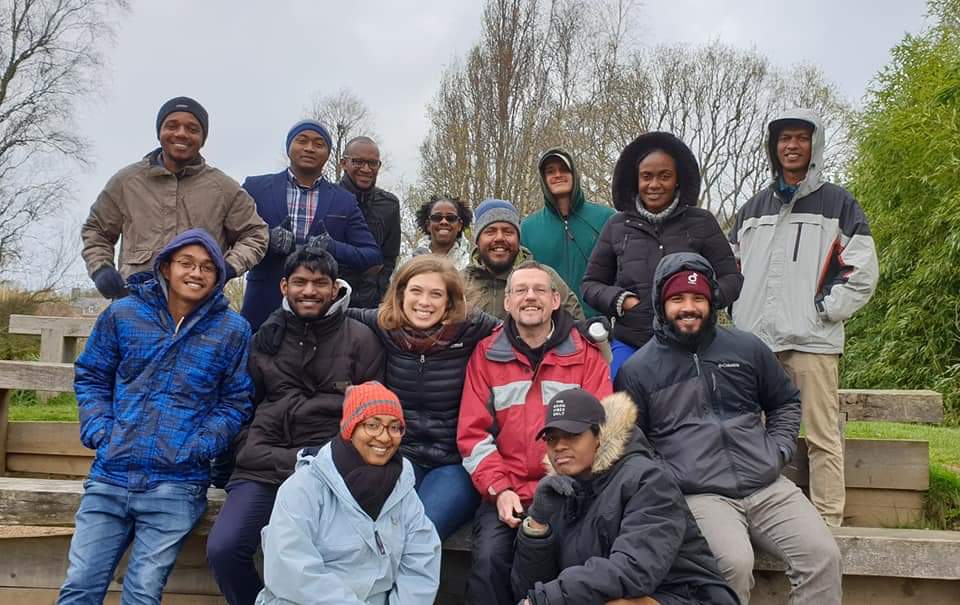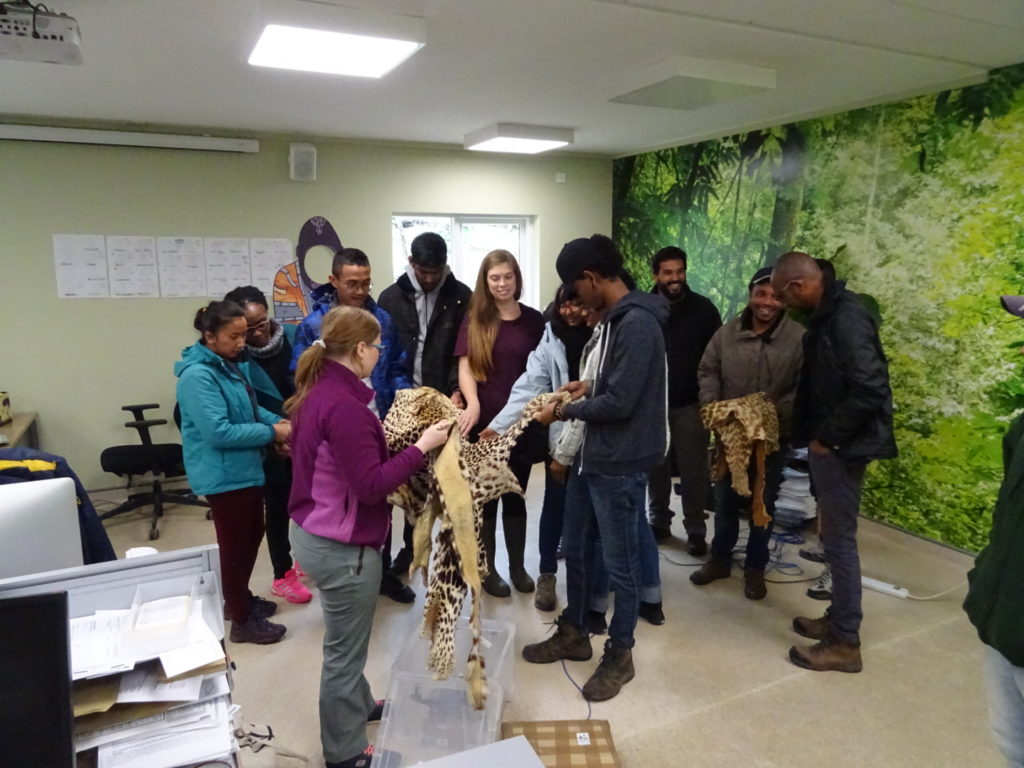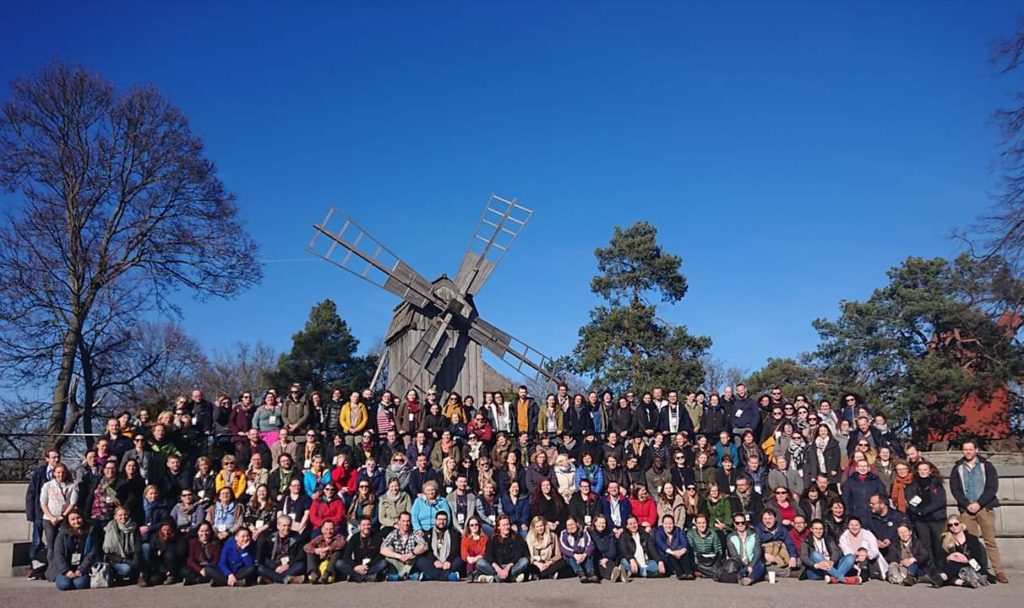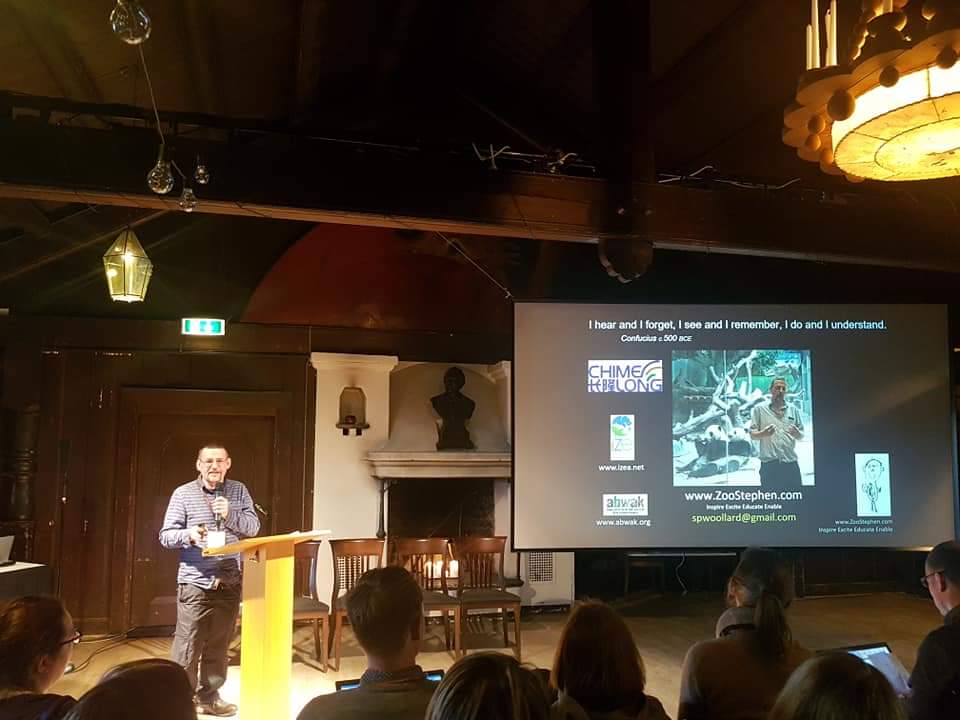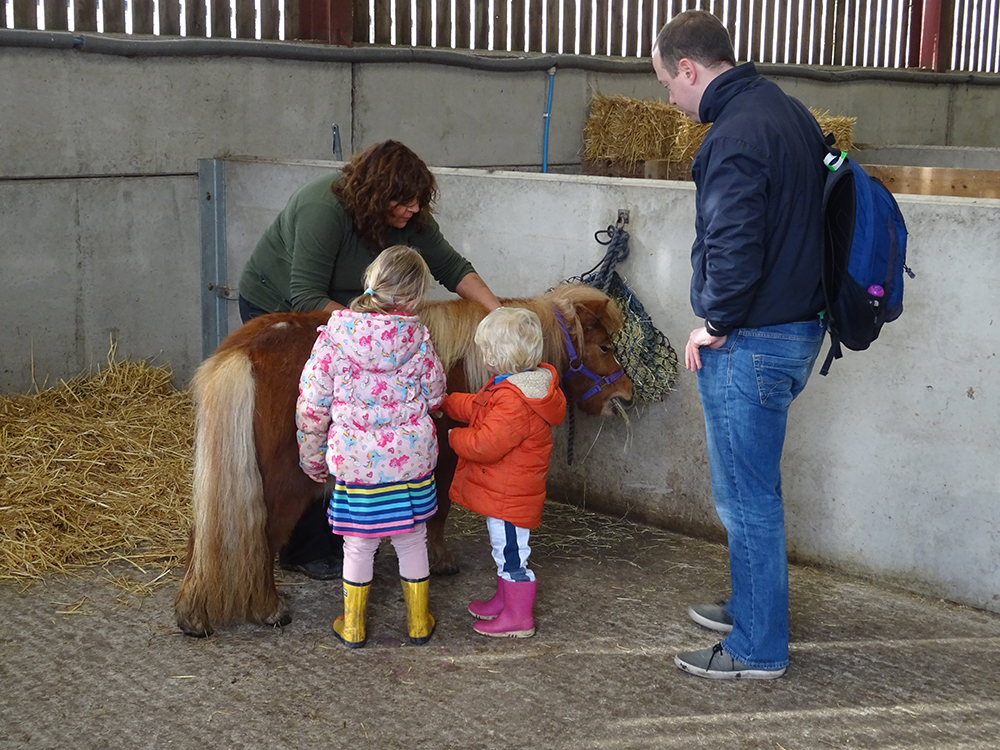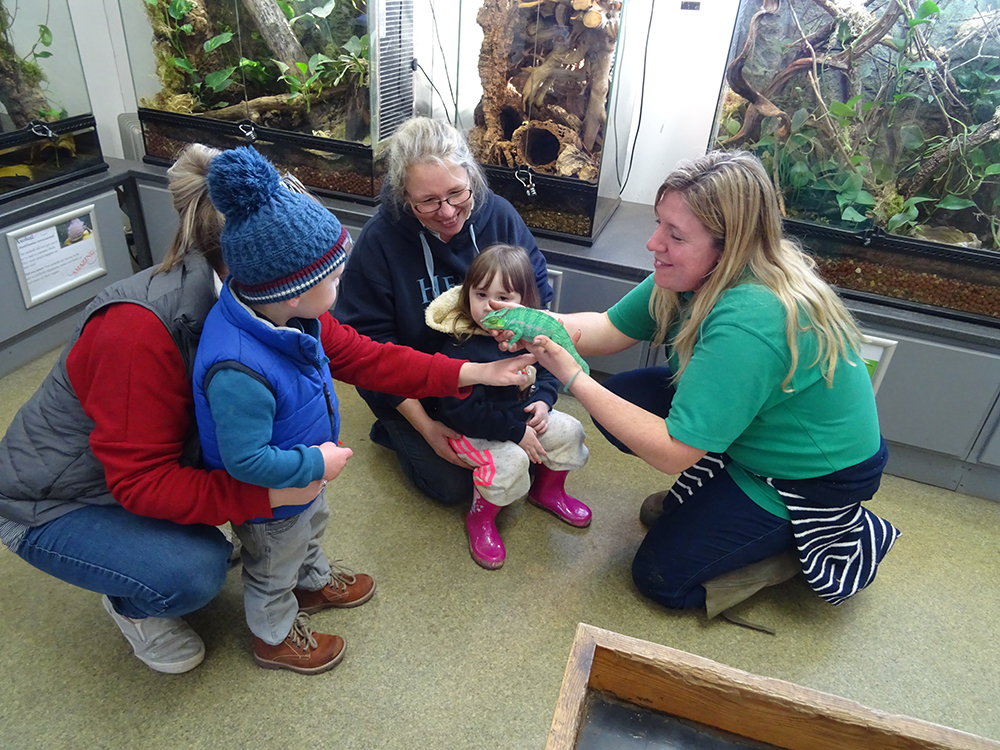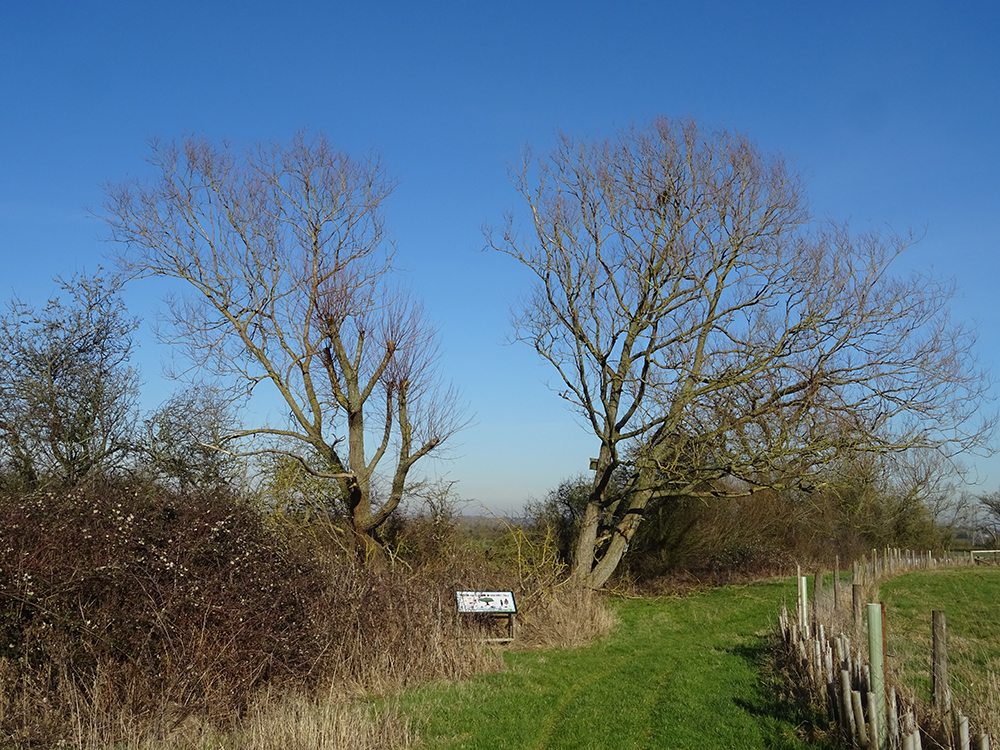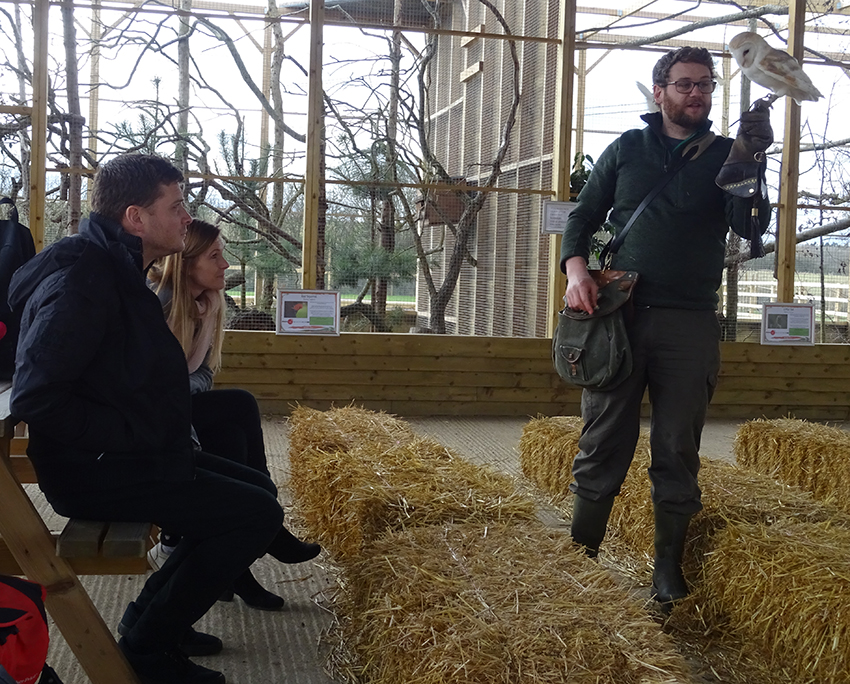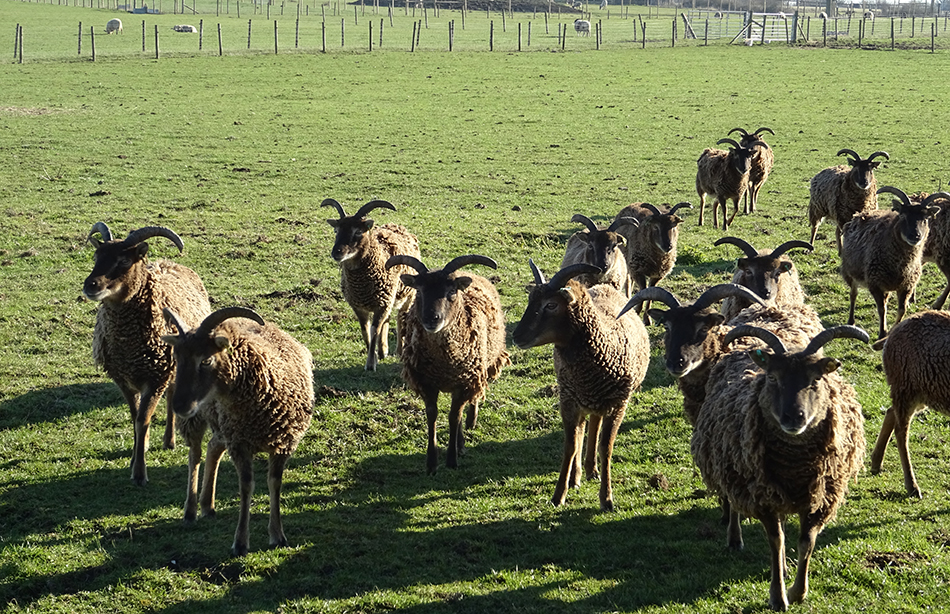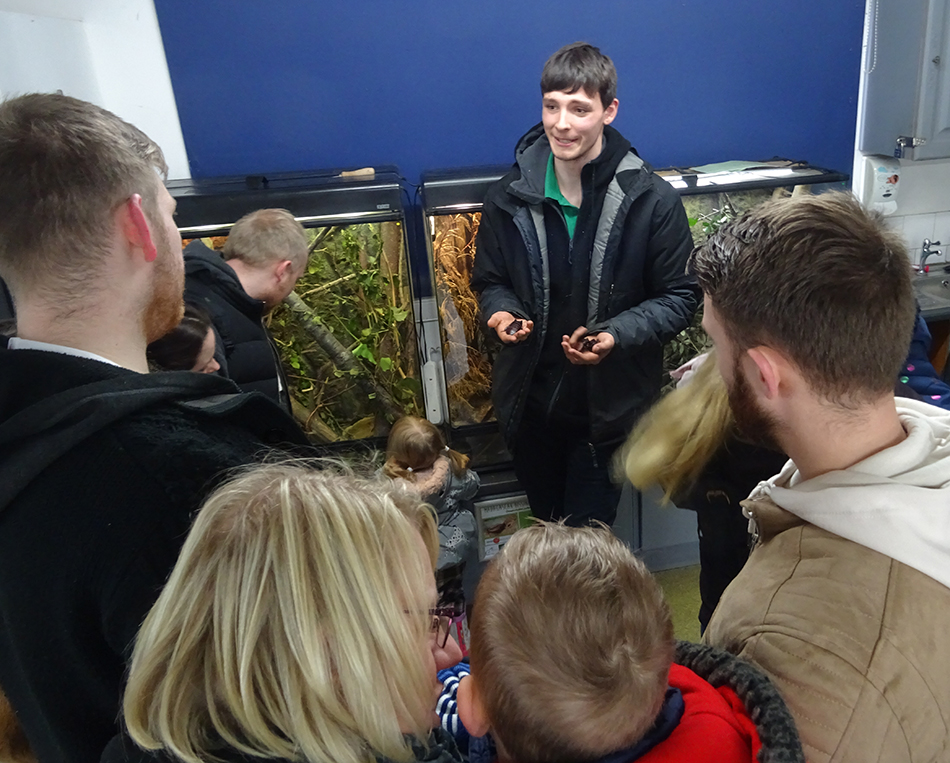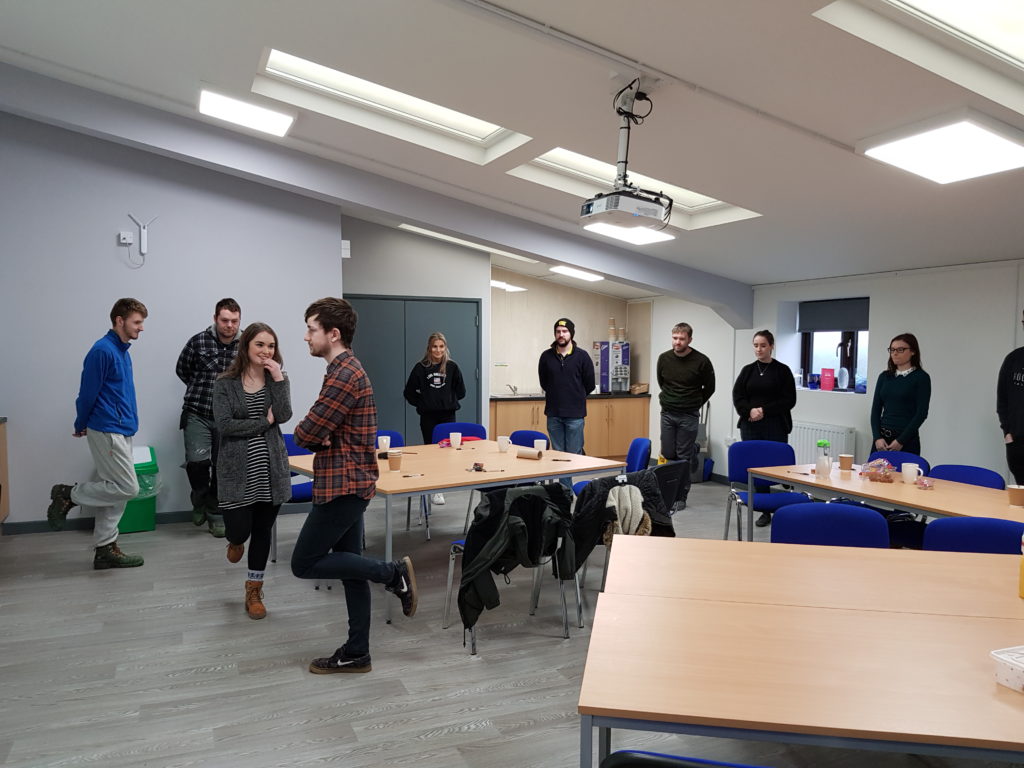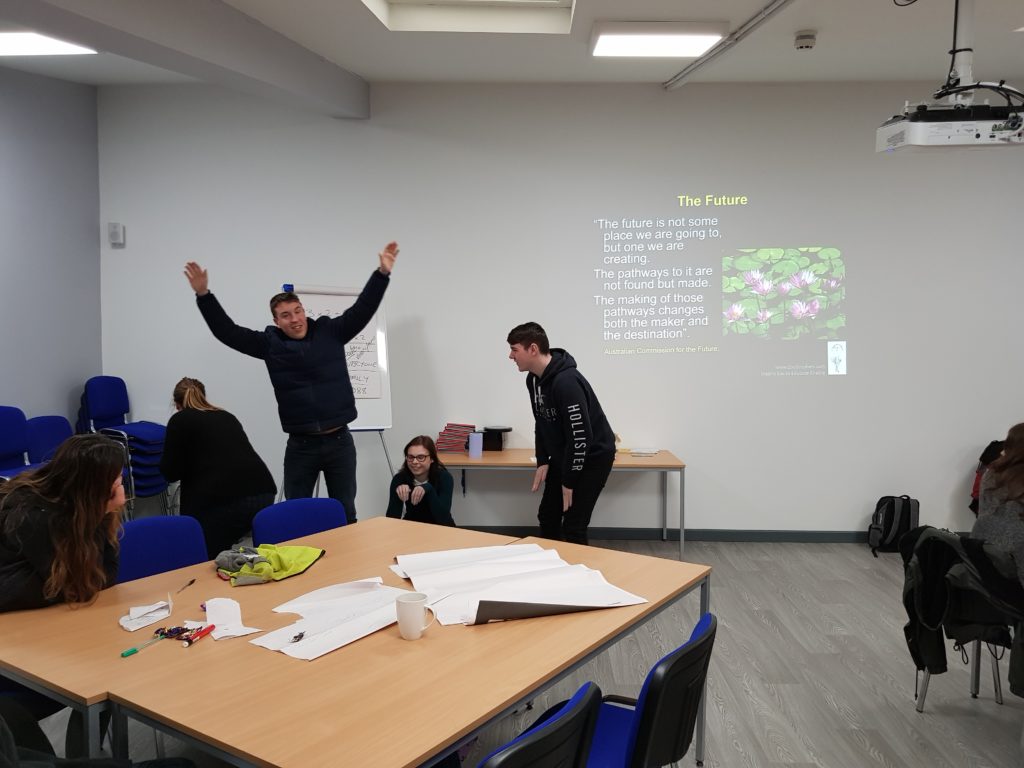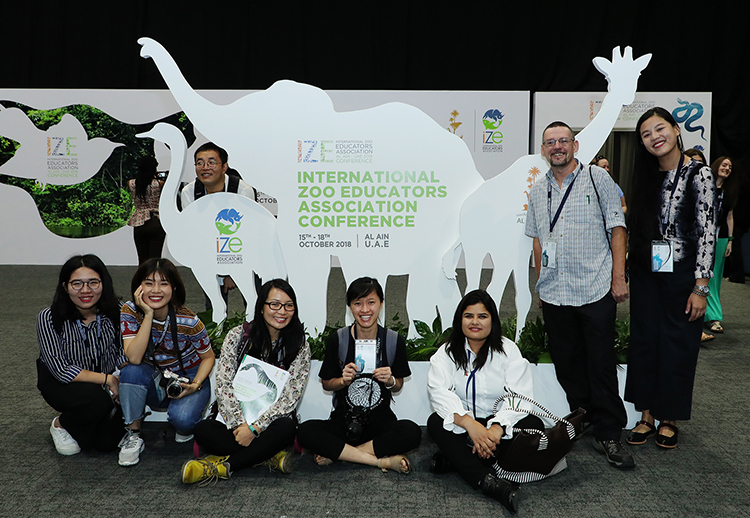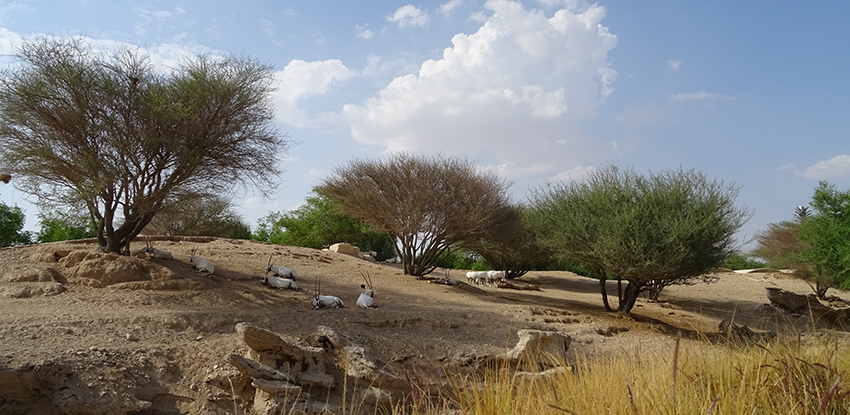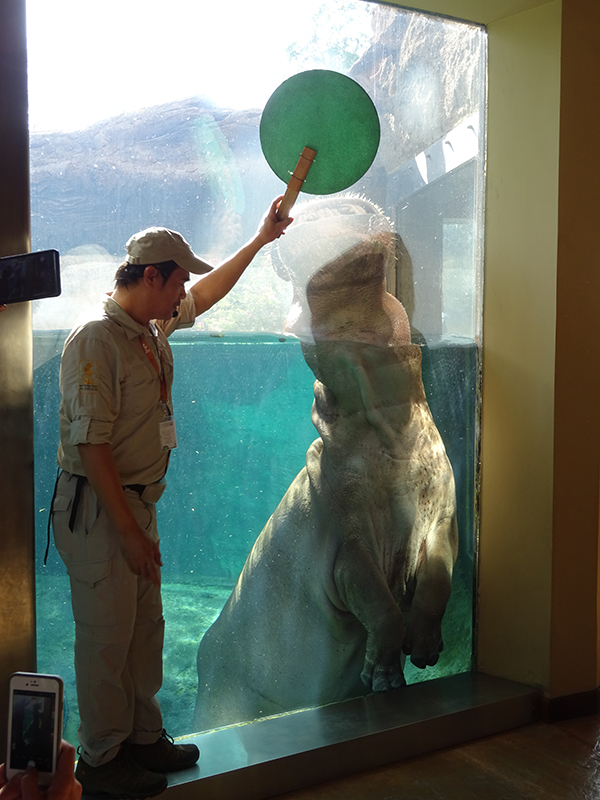Happy New Year, welcome 2020 (and soon to be Year of the Rat). ZooStephen is looking forward to more exciting, inspiring and educational activity in the year ahead – get in touch if I can help you with training workshops (eg presentation skills), lectures/talks, education programmes, interpretation, strategic review etc. Zoos (of all types and sizes), aquaria, museums, colleges, social/community groups etc
e: zoostephen@outlook.com
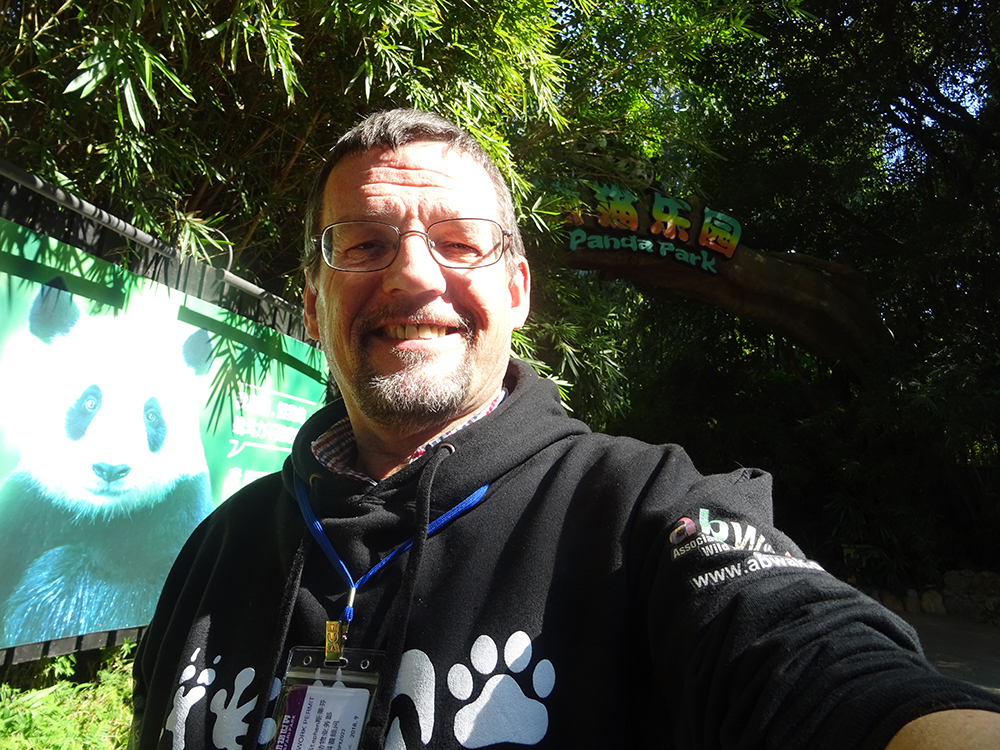
2019 concluded with another visit to Chimelong Safari Park & Birds Park, Guangzhou, China, and the great news that they have successfully achieved membership of WAZA, the World Association of Zoos and Aquariums, the first in mainland China to do this. It has taken a lot of work by the team, developing new operational practices with animals, following international standards for education and overall continuous improvement and commitment to conservation and welfare.
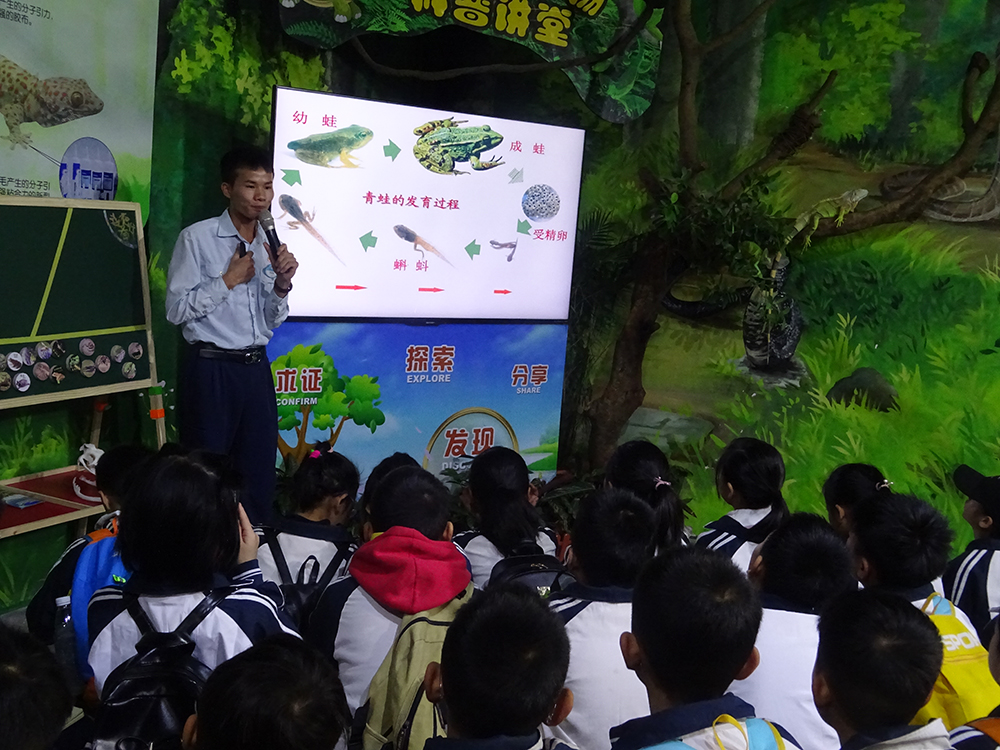
Education at the parks is multi-dimensional and focused on diverse audiences, from pre-school to all school grades and of course general visitors across the generations. Work on setting desired outcomes and beginning to measure effectiveness has commenced and direct links to the school curriculum are in-built into the on site and outreach programmes.
I look forward to visiting Chimelong every few months in 2020 and helping them with the programme of continuous development and improvement and sharing this within and outwith China.
ZooStephen will also be involved in other activities through the year, continuing with DMZAA work at Sparsholt College and working (voluntarily) as a Trustee at Dudley Zoo & Castle. Meanwhile, I will still have some availability and flexibility for new work, as well as enjoying the great outdoors and especially my home country, Scotland.
